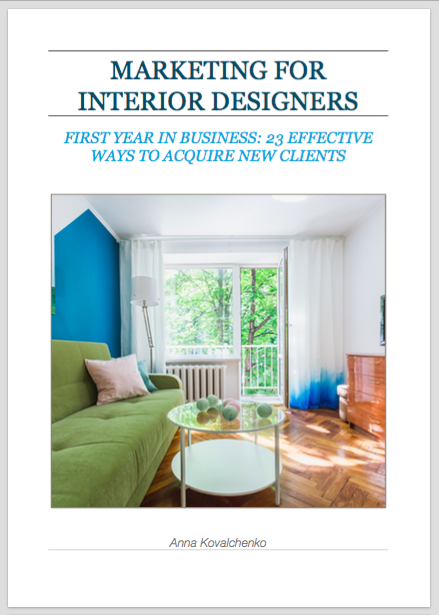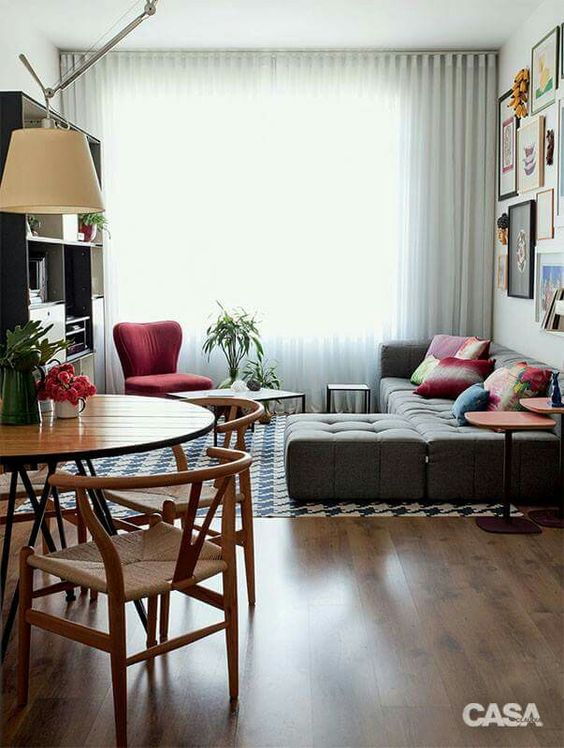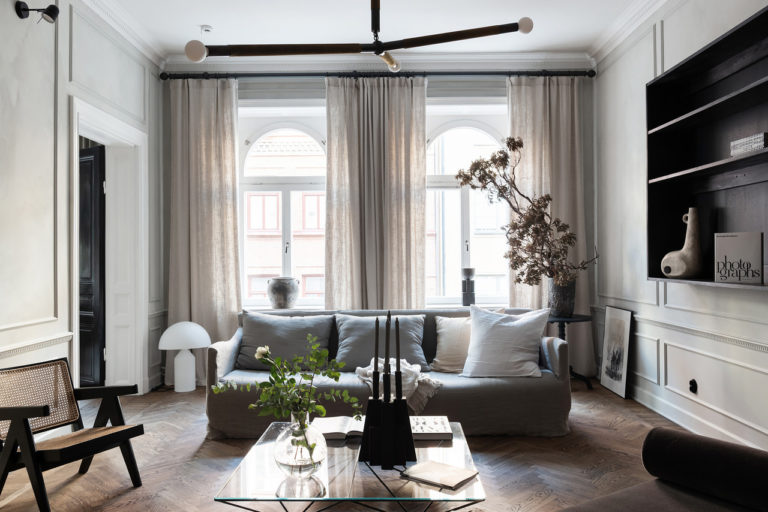Interior Design Business Tips: How To Overcome Impostor Syndrome
When I started my own interior design business one of the hardest things I had to deal with was impostor syndrome – basically a self-created feeling of a fraud. It’s when you doubt your expertise and ask yourself questions like “Do I have enough knowledge?” “Am I good enough at what I am doing?” “Can I charge this much?”, “Who is going to work with me?” etc. Most researchers say that this syndrome is specific for high achievers and predominantly women (it is very common as some statistics show that 2 out of 5 women have it).
Since many beginner interior designers (and even very experienced ones!) face the same issue I want to share the steps that helped me to deal with impostor syndrome and I hope they will be useful for you as well.
First of all, you need to understand that roots of this experience is in low self-esteem and consistent fear of being accused of fraud. People with impostor syndrome tend to work two times harder than everybody else and over-prepare for every task they do which eventually results in burn out. So here are the steps:
Step 1. Identifying impostor syndrome within yourself and understanding that you are not the only one. Become aware of the feelings that it causes, write them down and examine them. In order to understand whether you have impostor syndrome ask yourself the following questions:
- Do you often attribute your success to luck, being in the right moment in the right time or even error?
- Do you agree with the statement that “if I can, then everybody else can?”
- Are you suffering because of minor mistakes in your work?
- Do you feel depressed because of any criticism?
- When you achieve success, do you get the feeling that you have cheated everyone again?
- Are you worried about being “exposed” as a fraud and it’s only a matter of time?
Step 2. Keep the record of your achievements – write down all nice things that people told you about your work, your diplomas and certificates, awards. Put them all in one place and get back to them whenever you feel down or worried about your work.
Step 3. Focus on continuous self-development and education, not on the results. You will notice that it will give you more and more confidence.
Step 4. Focus on the principle “good enough”. Don’t try to be perfect otherwise, most of your projects will never be finished. Even if you made a mistake, don’t get hung up on it.
Step 5. Talk to others. Connecting with other fellow entrepreneurs will show you that you are not alone with your fears and worries.
I hope that these tips were useful and if you haven’t read my Marketing for Interior Designers eBook yet, check it out – it is full of practical and effective tools to grow your interior design business:








